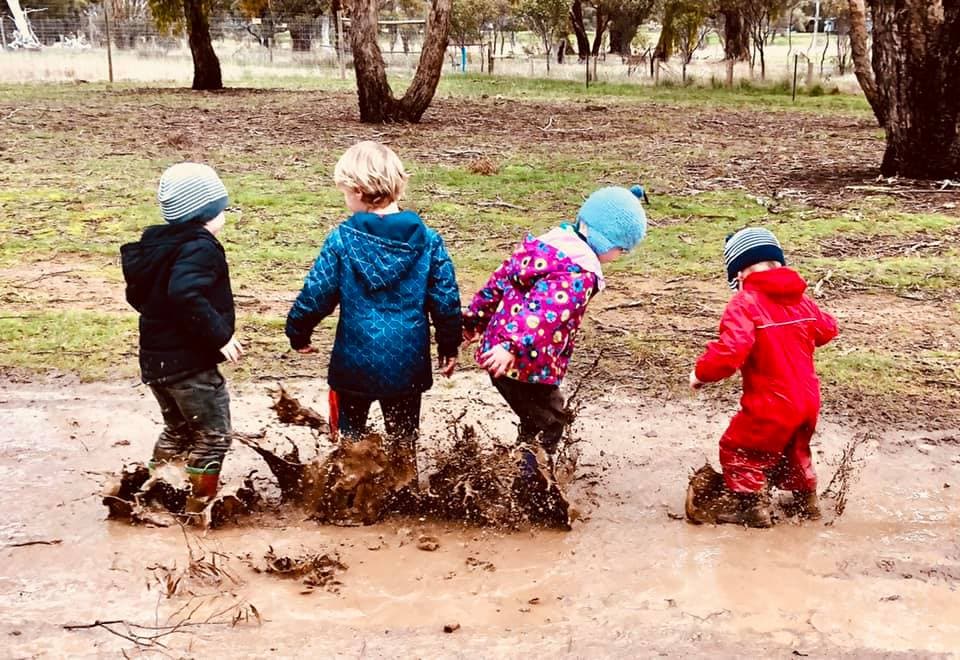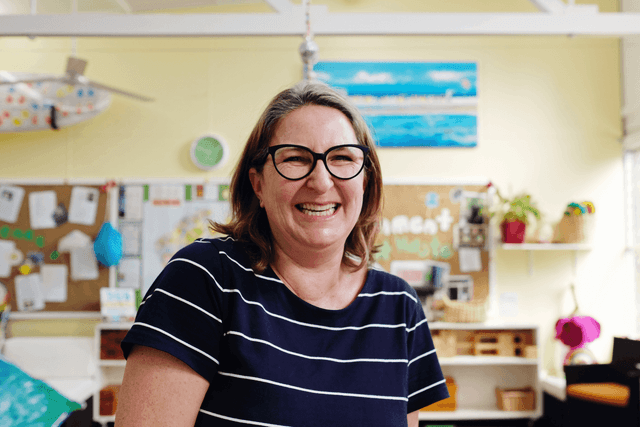In The Field
NQF and Policy Changes
Quality
Research
Outdoor play key for young children’s health and development: UWA study

Jason Roberts
Mar 11, 2019
Save
Preschoolers are not experiencing enough outdoor play when not in childcare, new research from the University of Western Australia (UWA) has found.
The research may be of interest to early childhood education and care services in encouraging and providing suggestions for families within their care to engage in outdoor activities at home. The research also highlights the importance for providing a rich and diverse range of outdoor play experiences within early childhood education and care settings as per the National Quality Framework Quality Area 3. The Associations between the home yard and preschoolers’ outdoor play and physical activity study published in the Public Health Research & Practice by the Sax Institute, looked at home-based outdoor play in nearly 1,600 Perth preschoolers on days when they were not in childcare.The researchers clocked the time children spent playing outdoors against a number of factors, including backyard size, outdoor features (grassed or paved areas, trees, gardens), fixed play equipment (climbing structures, playhouses, sandpits, swings, trampolines), and portable play items (balls, flying discs, scooters, etc.).Lead researcher Associate Professor Hayley Christian, senior research fellow at the UWA’s School of Population and Global Health and Telethon Kids Institute, said when not in childcare, children spent little more than an hour a day playing in their backyard.“The main factor associated with increased play time in the yard was the number of fixed play structures with each additional piece of equipment adding an average of five minutes to a child’s daily play time,” she said, pointing out that a simple sandpit, swing or cubby house in the backyard are all that are needed to help preschoolers get enough outdoor play time at home.“This is the first time we’ve been able to comprehensively measure outdoor play time in the home. The home yard is crucial for providing an opportunity for kids to be active, as they are so dependent on their parents and don’t have the independent mobility to get out and about on their own.”Federal Government guidelines recommend preschoolers spend at least three hours a day being physically active, but UWA researchers say this is only achieved by a third of children. One in five Australian preschoolers are now considered overweight or obese.“Backyard play is a much better option than screen time, considering all the health and developmental benefits children get by playing outdoors and being physically active,” Dr Christian said. “As parents we may not have time to take our kids to the park each day, but they don’t need to be in the house on a device. Why not allow them out in the yard and let them go?”Dr Christian said the findings had important implications for high-density housing policy.“The inclusion of accessible child-friendly spaces and equipment in high-density developments is an important consideration because many homes have limited or no private outdoor space.”Don’t miss a thing
Related Articles



















